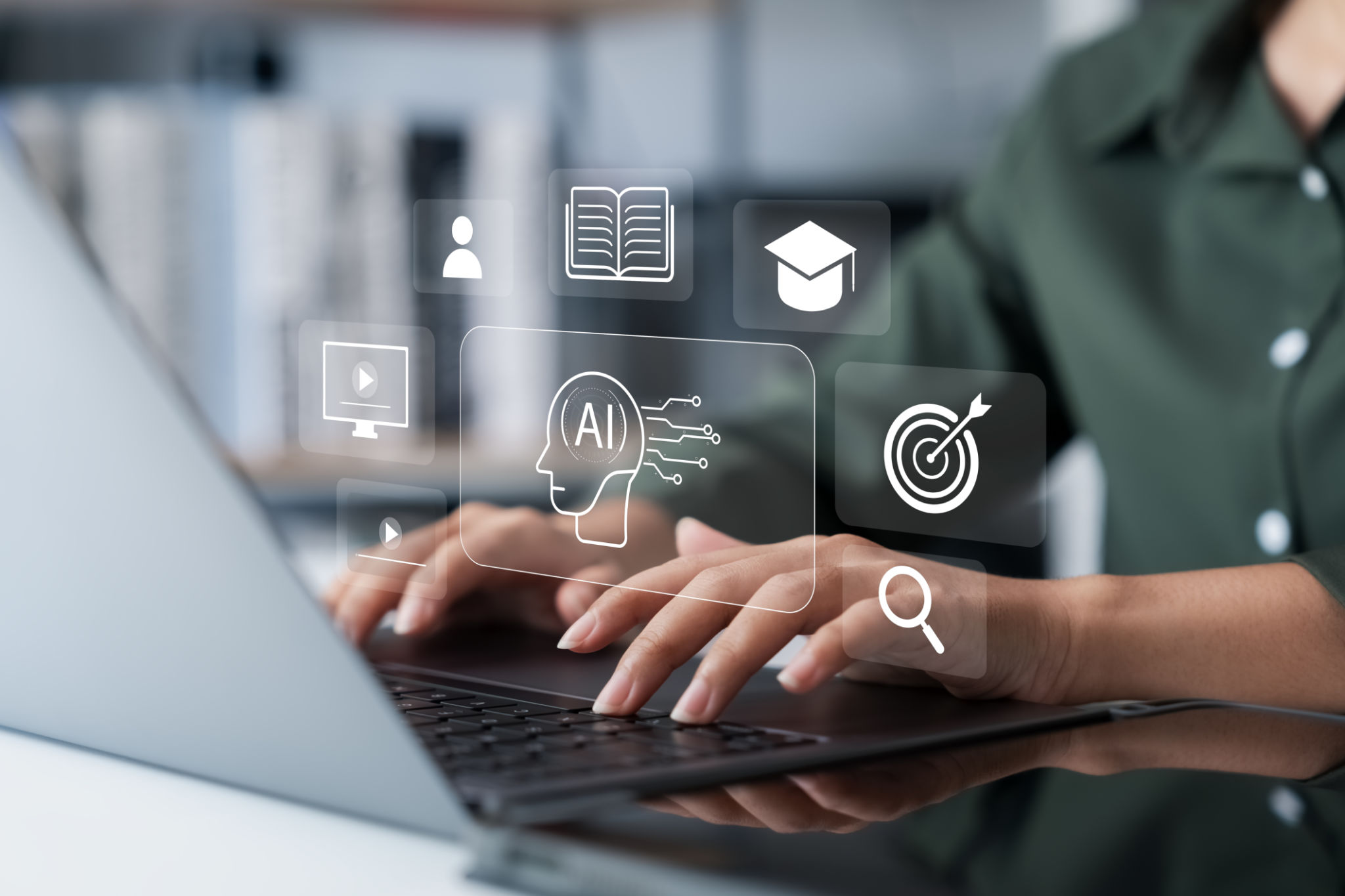The Role of AI in Enhancing University Partnerships for Tech Transfer
Introduction to AI in University Partnerships
The rapid advancement of artificial intelligence (AI) is transforming various sectors, and higher education institutions are no exception. Universities are increasingly leveraging AI to enhance their partnerships, particularly when it comes to technology transfer—a vital process that facilitates the commercialization of academic research. AI's role in this domain is becoming indispensable, offering unprecedented opportunities for innovation and collaboration.
Technology transfer is a complex process involving the identification, protection, and commercialization of intellectual property developed within universities. By integrating AI, universities can enhance their efficiency, improve decision-making, and foster stronger connections with industry partners.

Enhancing Research Collaboration
AI can significantly boost research collaboration between universities and industry partners. By analyzing vast amounts of data, AI can identify potential areas of collaboration that might not be immediately apparent to human researchers. For instance, AI algorithms can match university research strengths with industry needs, facilitating partnerships that are mutually beneficial.
Furthermore, AI-powered platforms can streamline the communication process between universities and their partners. These platforms can automate routine tasks such as scheduling meetings, managing collaborative projects, and tracking progress, allowing researchers to focus on their core activities.
Improving Intellectual Property Management
Managing intellectual property (IP) is a crucial aspect of technology transfer. AI can assist universities in this area by automating the monitoring and analysis of patents and publications. This allows universities to maintain a comprehensive overview of their IP portfolio, identifying opportunities for licensing or collaboration more effectively.
AI tools can also help in predicting the commercial potential of university research by analyzing market trends and competitor activities. This predictive capability enables universities to strategically prioritize their technology transfer efforts and maximize their impact.

Facilitating Efficient Technology Licensing
Technology licensing is a key component of tech transfer, and AI can streamline this process significantly. By leveraging AI-powered data analytics, universities can identify the most suitable licensing partners and negotiate better terms. This ensures that university innovations reach the market more efficiently and effectively.
AI can also enhance the due diligence process by quickly assessing the technical feasibility, market potential, and legal implications of potential licenses. This accelerates the decision-making process, allowing universities to capitalize on emerging opportunities faster than ever before.
Overcoming Challenges with AI
While the integration of AI offers numerous benefits, it also presents certain challenges that universities must address. One significant challenge is ensuring data privacy and security. Universities must implement robust measures to protect sensitive information during AI-driven tech transfer processes.

Another challenge is the need for continuous training and upskilling of staff to effectively utilize AI tools. Universities must invest in resources and training programs to ensure their teams are equipped with the necessary skills to harness AI technology effectively.
The Future of University Partnerships with AI
The future of university partnerships for tech transfer looks promising with the incorporation of AI. As AI technologies continue to evolve, they will likely offer even more sophisticated solutions for enhancing university-industry collaborations. This will not only benefit the academic community but also drive innovation and economic growth on a broader scale.
By embracing AI, universities can position themselves as leaders in technology transfer, ultimately contributing to a more connected and collaborative global research ecosystem.
